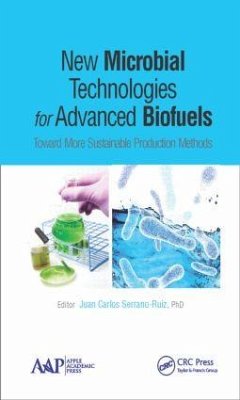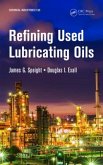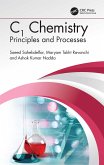This title includes a number of Open Access chapters. The world needs renewable and clean forms of energy. Biofuels offer an alternative to fossil fuels, but first-generation biofuels had many challenges to be overcome. One strategy that second-generation biofuels are employing is microbial technology. This compendium volume gathers together recent investigations within this vital field of research. Internationally recognized experts contribute chapters on their individual areas of research within this vital field of study. The book offers an authoritative platform from which graduate students and scientists can build future investigations that will create still more advanced biofuels.








